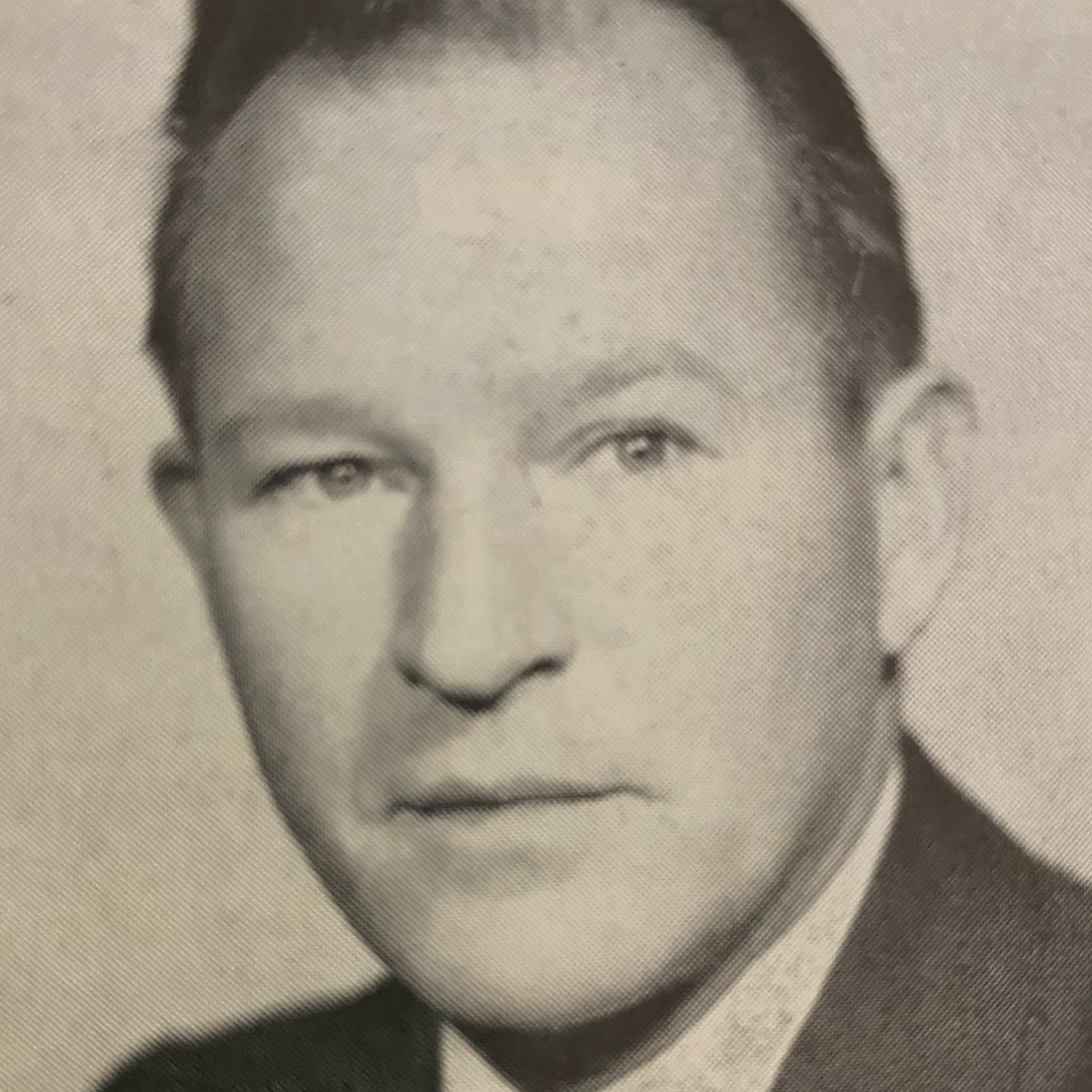
On July 30, 1965, President Lyndon Johnson signed into law amendments to the Social Security Act that established the Medicare program, and the nation’s healthcare system entered a period of profound change and upheaval. The impact also would be profound for the American Association of Hospital Accountants (AAHA).
In the September 1965 issue of Hospital Accounting, commentary about Medicare was minimal, given the short time after the law’s passage the editors had to prepare the issue for press time.
Robert L. Schultze, FAAHA, the association’s president, heralded a “new look” for the magazine. And the issue included several routine articles, including “Credit granting: A way of life for hospitals,” by Sister Mary Assunta, treasurer general for Sisters of Charity in Cincinnati, and Schultze’s own “Hospital expansion — How?”
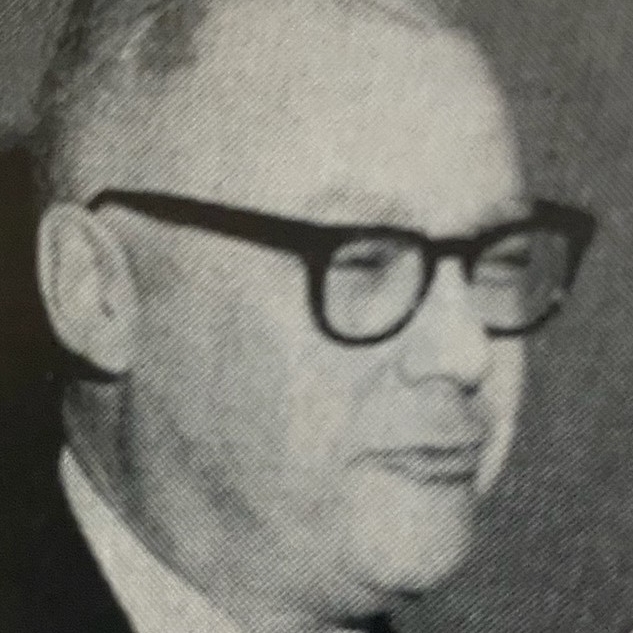
Hidden in the pages were these comments from Robert Shelton, FAAHA, executive director of the AAHA (and author of From Acorn to Oak, the first history of HFMA), in his “dots & dashes” column: “Medicare! This is the word now on everyone’s lips. The public wants to know what benefits are theirs — hospital people want to know how the new law will affect them.”
At the time, it is likely that most readers could never have guessed the changes that were in store for the AAHA.
Initial reactions
In the ensuing issues of Hospital Accounting, prior to Medicare’s effective date of July 1, 1966, discussions of Medicare began to take center stage. In the March 1966 issue, Schultze discussed “Medicare’s most profound impact.”
Schultze wrote, “Reimbursement is now taking on every aspect of being more exacting and having depth, and this will require financial acumen and stamina that the administrator will be unwilling to accept if he expects to keep up with his other broad and demanding responsibilities.”
In the lead story for the issue, Louis Block, DrPH, president of Block, McGibony, Coburn & Associates, Inc., and a charter member of the AAHA, offered a historical perspective in “Another revolution in hospital financing,” in which he scrupulously avoided mentioning the Medicare program by name, referring to it only as “the Federal government’s new hospital program.”
Block began: “Friends who were on the spot at the Truman Library in Independence late last August tell me it isn’t so. The sun didn’t really darken . . . there was no ominous rumble that [could] be attributed to a jet fighter breaking the sound barrier. But it shook the health care field to its innermost core. . . .”
Focus on Medicare sets stage for a new vision
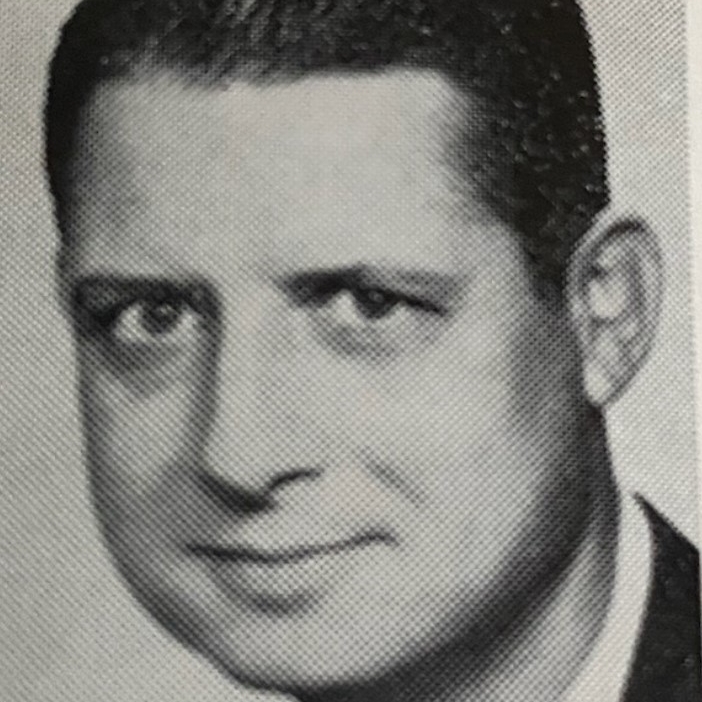
By the June 1966 issue, the AAHA had done its homework. With its new president, Harold Hinderer, FAAHA, at the helm, the Association presented members with a special “Medicare” issue filled with guidance and insight spread across 14 separate articles, replete with charts, forms and diagrams, to help them prepare for the new law.
Within two years, the AAHA would see its greatest transformation to date. In June 1968, Jeff H. Steinert, FAAHA, began his term as the AAHA’s president with a new vision and a new mandate to redefine the Association.
Reporting on the most recent meeting of the AAHA’s board of directors in his first “Over the President’s Desk” column, Steinert wrote: “With a new name for our association, with new objectives to meet the demands of the times, with a reorganization to assure accomplishment of our goals, with faith in the ideals of our country and our association, we face a new year.”
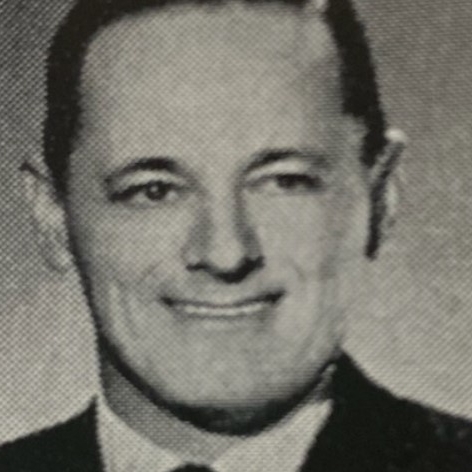
Steinert did not specify the “new name” in his column. It wasn’t until the September 1968 issue of Hospital Accounting that the new name, Hospital Financial Management Association (HFMA), first appeared on the magazine’s cover, which also previewed the magazine’s new title, Hospital Financial Management.
The lead story of the September 1968 issue, by Irwin M. Jarett, PhD, CPA, proclaimed, somewhat tongue in cheek, “The hospital accountant is dead.”
Jarett followed up this dire pronouncement in his lead story in the very next issue — the first to be published as Hospital Financial Management — with what he referred to as “the good news” to counter the bad: “The hospital information specialist is born!”
If there was any question about what drove the changes, Steinert’s September column made it clear: “The Health Care Revolution triggered by Medicare whirls on! . . . We believe that we have reorganized our association to meet the challenges of the future able to fight for what is right.”
These words resound with determination in response to change. In many ways we are seeing a similarly profound transformation of healthcare today, and HFMA continues to respond with the same kind of determination. If history is to offer any lessons, more change is yet to come, and we can be sure that HFMA will respond
in kind!
Did you know?
Hospital accounting can even be fodder for poetry. The AAHA’s newsletter Notes from National included a 28-verse poem by Floyd A. Kinkead, controller of Philadelphia’s Nazareth Hospital, heralding the arrival of Medicare:
All Hail, O Medicare!
Medicare will soon be upon us —
We can’t wait for the regs and the rules.
We’re ready to revise all our systems,
And attend all the “get-ready” schools.
We’ve been told things won’t be the same,
That historical per diem is out,
R.C.C. has replaced the old method —
It won’t help to protest or pout!
We thought we had problems before now
That caused us distress and concern —
In place of the ones long familiar
We’ll have new ones to which we can turn.
Charge processing will be very easy,
So simple and routine to do.
‘Twill be “duck soup” to handle it daily
And do it without a miscue.
Who’s kidding whom, though, I wonder
As we approach this new Medicare “bit,”
We can’t fight or resist any longer.
It’s bound to be a great hit.
It’s the promise of the now Great Society
To take care of us, yes — one and all.
No matter our age or religion,
No matter our political call.
From the cradle on through to the grave
Our “Big Daddy” will watch over us,
Make sure when our teeth need extracting,
And when we should get a new truss.
He’ll tell us how long we should stay
When, in the hospital we go —
Six days for a normal appendix,
Four day’s if our blood pressure’s low!
But, joke as we might, we can’t fight it —
It’s the law of the land, as we know,
And come July there’s no question,
That, ready or not, we must go.
So, upheaval’s the guide for the office
As we revise our procedures and rules
So that we will be ready to greet it
And have on hand some of the tools.
We all will have had many meetings
With the hospital specialist staff,
Hoping to work out a proportion
And a workable agreement to draft.
Complexities and problems will mushroom,
But we’ll be undaunted and strong,
Knowing that if we can’t function,
The government will do it, ere long.
So, for our oldsters we’ll labor
And try to give them the best,
Hoping that as we arrange it
We won’t neglect all the rest.
We’ll send all our people to classes
To learn all about Medicare patients —
The myriad of problems and issues
That make for such nice complications.
It’s really quite simple, you know —
As easy as A, B, and C.
And for doing a wee bit of work
The government pays us a fee.
The fee is based on per diem
(But not the one that we know)
It’s a formula that relates costs to charges —
And they’ll pay what the formula shows.
Seriously, though, it’s a challenge —
And we greet it with zest and a will —
If we just make somewhat of an effort
It won’t be a harsh-tasting pill.
So, here’s to the new Medicare law —
May it be less of a chore than we think —
May it be a humane sincere venture
To keep elderly folks in the pink.
Here’s hoping the old folks aren’t dismayed
As the billing complexities unfold —
They’ve been asked please not to worry.
“It’s so simple,” they all have been told.
The first problem will be forty dollars —
A deductible they pay toward the bill.
They won’t have further to worry
So long as it’s just medicine and pills.
But if doctors’ services are needed
To help make them hearty and well,
There will be a few little problems
That may make them all sore — oh well!
There won’t be just one single billing —
Difficult now as our bills are to read —
This new bit will increase all the billings
Depending on the doctors they need.
For example, let’s say they get X-rayed,
Take some lab tests, or perhaps E.K.G.
For each of these specialist services,
They’ll get two bills (perhaps even three).
But that’s just the beginning you know
‘Cause once they get past 18-A
They’ll have bills coming, of course, from Part B
That are worked out in a quite different way.
Then they must cough up fifty dollars
For the first M.D. services they get —
The balance is shared twenty-eighty.
Then for a while they are set.
If then they depart the hospital,
And go to a home for a while,
For twenty long days it won’t cost them —
They’ll live in a grandiose style.
But comes the day after twenty,
The for a stretch of eighty more days
They’ll pay five bucks daily (no more!)
‘Til they come to the end of their stay.
So, a boon it will be for the old folks —
And a necessity it surely must be —
So hail, hail to thee Medicare
In the land of the brave and the “free.”
By the numbers
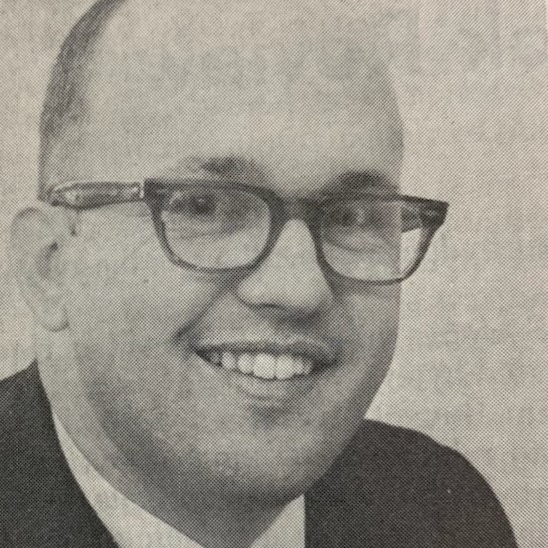
7,000
Robert Shelton, the AAHA’s executive director and editor-in-chief, introduced Terry J. Tassin (above), controller for St. Mary’s Hospital (Gates Memorial), as its 7,000th milestone member.





